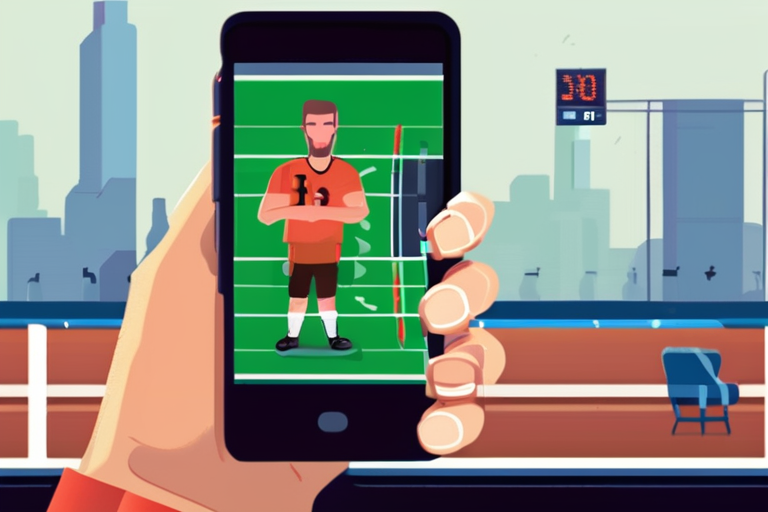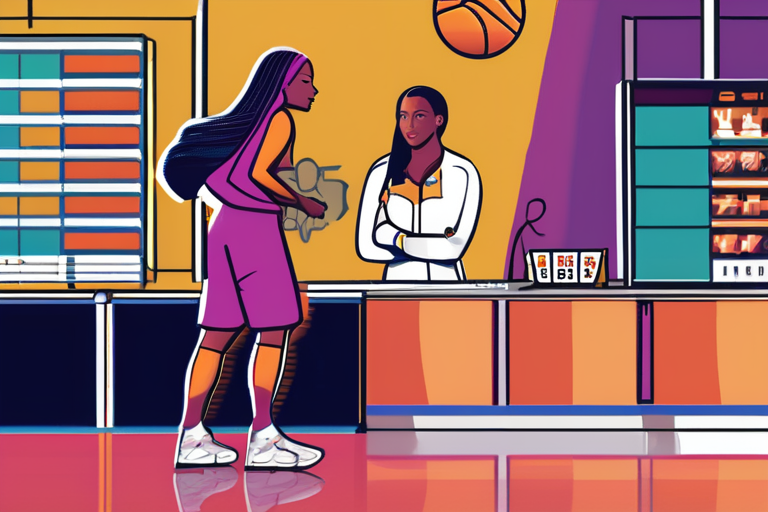Mobile Sports Betting: A Hidden Addiction Lurking in Every Smartphone


Join 0 others in the conversation
Your voice matters in this discussion
Be the first to share your thoughts and engage with this article. Your perspective matters!
Discover articles from our community

 Hoppi
Hoppi

 Hoppi
Hoppi

 Hoppi
Hoppi

 Hoppi
Hoppi

 Hoppi
Hoppi

 Hoppi
Hoppi

Men Bet on WNBA Players' Menstrual Cycles, Raising Eyebrows As the Las Vegas Aces and Phoenix Mercury face off in …

Hoppi

The Vanishing Act of Jon Ganz: A Cautionary Tale of AI Addiction In a bizarre incident that has left authorities …

Hoppi

Massachusetts Attorney General Alleges Kalshi Violating Sports Gambling Laws The Massachusetts State Attorney General's office has filed a lawsuit against …

Hoppi

Massachusetts Attorney General Alleges Kalshi Violating Sports Gambling Laws The Massachusetts State Attorney General's office has filed a lawsuit against …

Hoppi

Massachusetts Attorney General Alleges Kalshi Violating Sports Gambling Laws The Massachusetts State Attorney General's office has filed a lawsuit against …

Hoppi

NYT Connections Sports Edition: Wednesday's Hints and Answers Unveiled In a thrilling display of sports trivia, the New York Times' …

Hoppi